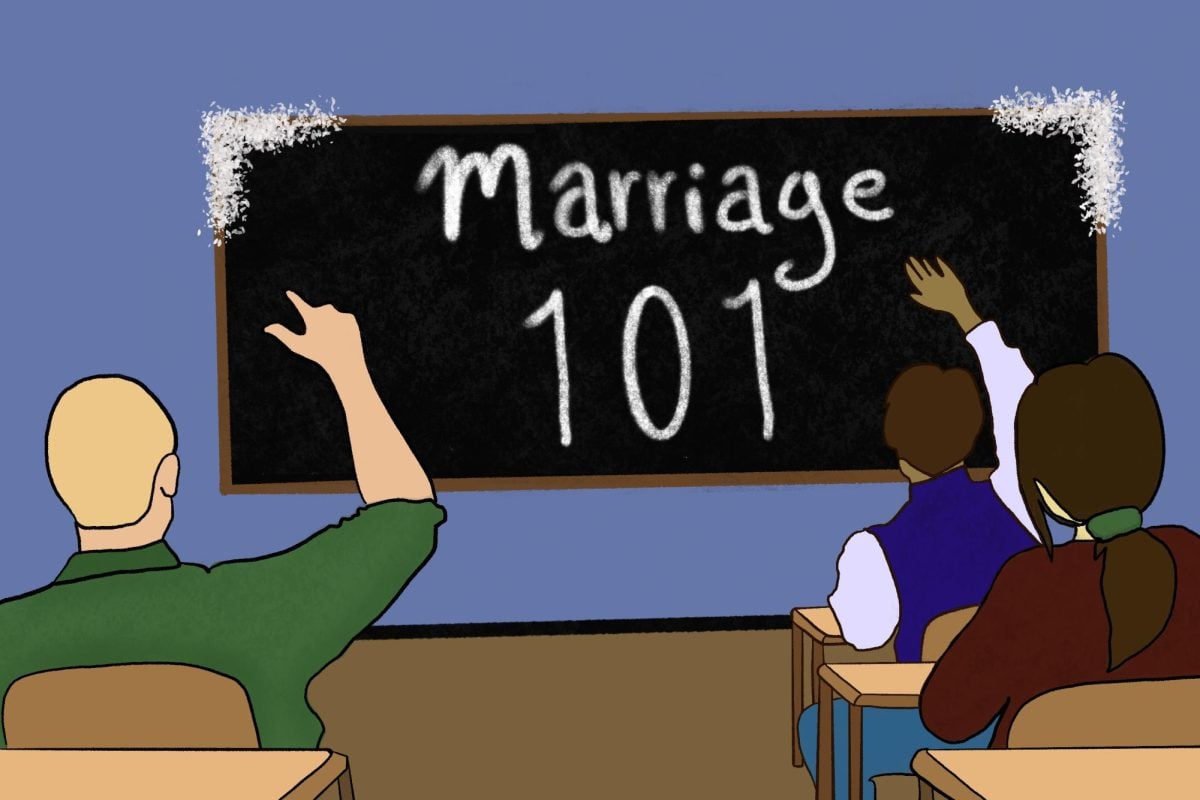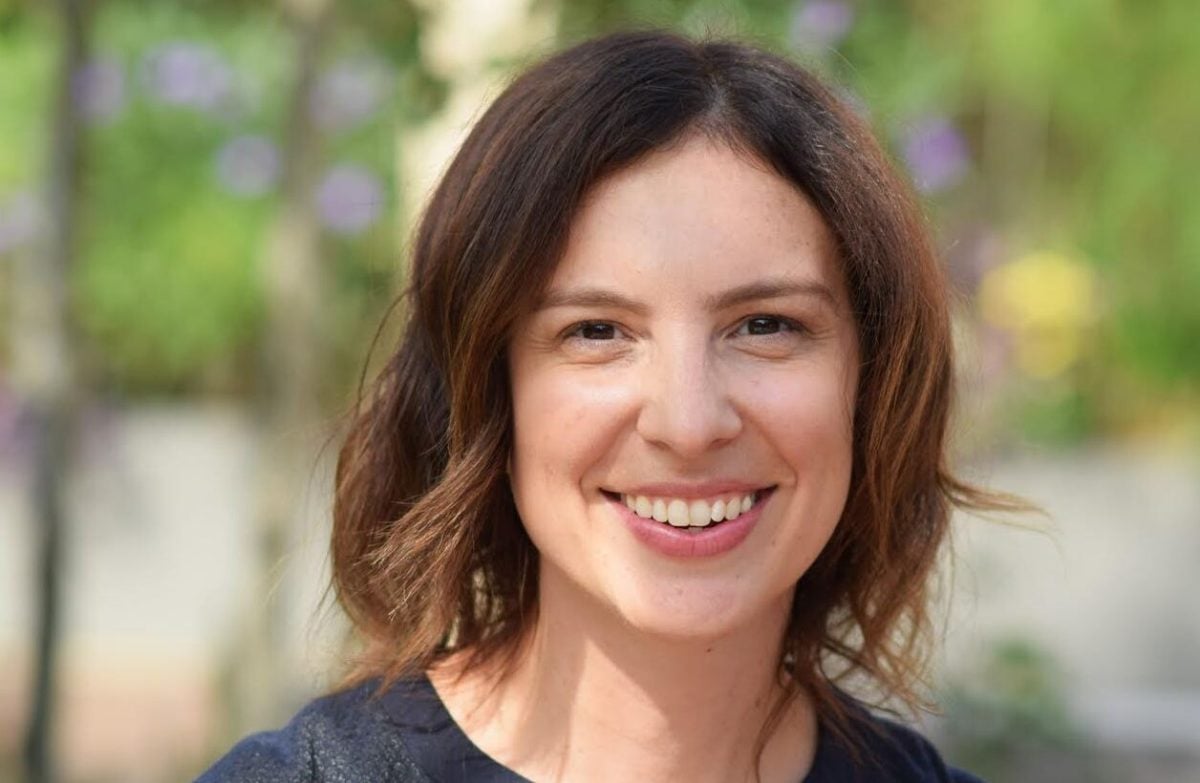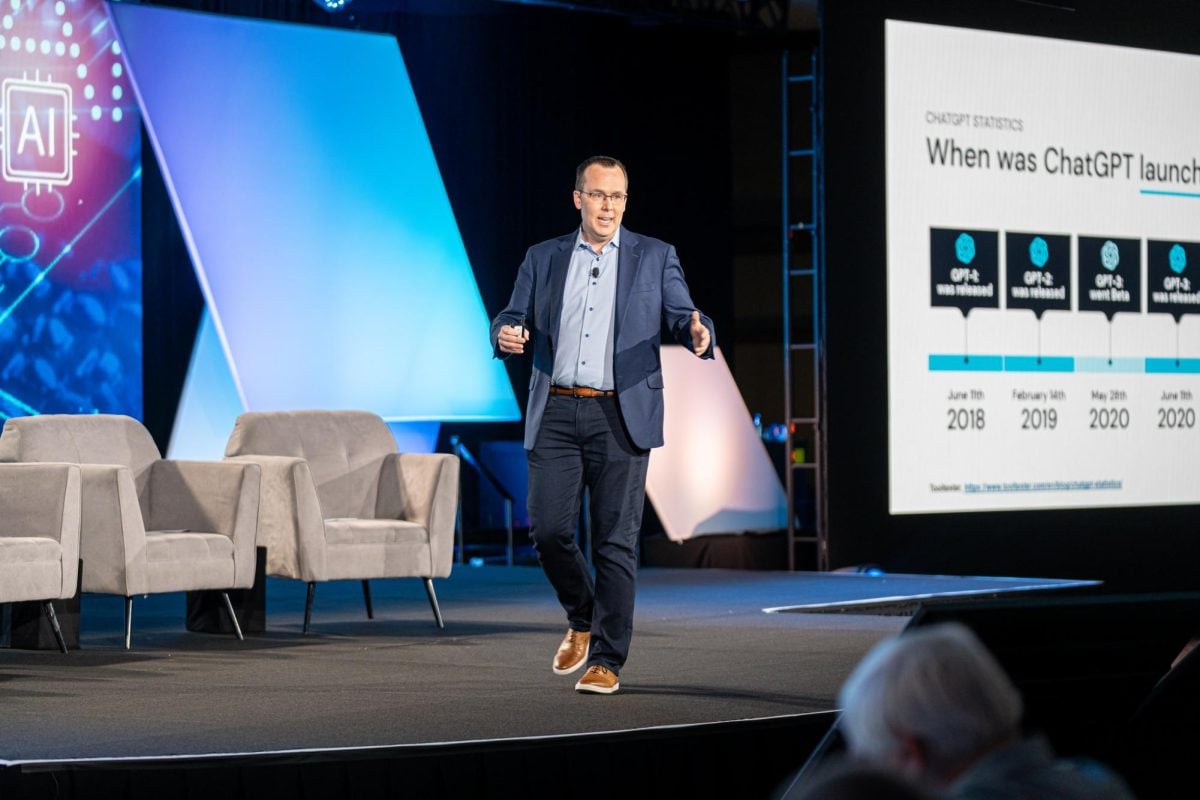When Dr. Joseph Amon stood up to make the keynote speech of the 2011 GlobeMed Global Health Summit, he told the approximately 300 students and community members listening that he was “a little bit jealous.”
AMonday, the director of the health and human rights division of Human Rights Watch, an international non-governmental organization, said because not as many public health programs were available when he was in college, it took him a longer time to find his path in pursuing global health than the students attending the event.
“I really congratulate everyone for being engaged,” he said during his April 8 address in Leverone Auditorium. “When I was asked to speak about human rights and global health, I wanted to bring discussion of equity, but also how equity and human rights play off of each other and what conflicts exist.”
Amon gave several examples of experiences he had while working to understand, prevent and treat HIV and guinea worm, among other public health issues across the globe.
He said one of the most important lessons he learned, specifically while working with the Peace Corps in Togo in 1992, was coming to terms with failure. During this time, a soccer tournament he’d organized to create a forum for discussing guinea worm with locals was cut short when village politics got in the way.
“Public health is difficult,” he said. “There will inevitably be a lot of failure. If you can’t learn and adjust from failure, public health is a tough path to choose.”
In addition to working for the Peace Corps, Amon said during his career he has researched hepatitis, tracing one outbreak to contaminated green onions from Mexico. He has also tried to change perception of HIV in the United States, which he said at the time “was becoming more and more ideologically driven and less about science.”
During his time working for Human Rights Watch, he has also become involved with researching and advocating for change in issues of tuberculosis, mental health, pain relief medicines, environmental health and humanitarian disasters.
“The issue of health and human rights is universal, and attention to human rights is integral to all approaches in global health,” he said.
Amon closed by speaking about a woman in Zimbabwe who was afraid to reveal the fact that she was HIV-positive to her partner, which Amon said illustrated how cultural and personal aspects can make progress in public health very complicated.
Several students asked questions after Amon concluded.
Sammita Satyanarayan, a junior at Washington University in St. Louis, said Amon had an “interesting perspective.”
“He brings up an important point that we can’t fully address global health without addressing human rights,” she said. “They’re tied. It’s something I think if any one of us decide to make global health our career, we have to realize it at some point or another.”
“There’s a difference between equity and human rights,” said Emily John, a sophomore at Truman State University in Missouri. “They don’t mean the same thing whatsoever.”
After speaking, Amon said he agreed to come to the summit for several reasons.
“Interest in global health among undergraduates has really increased over the past decade, and students have influence in inspiring a greater attention to global health in general,” he said. “I want to encourage students to get involved in this field. It’s an exciting and rewarding career.”
marialamagna2013@u.northwestern.edu






